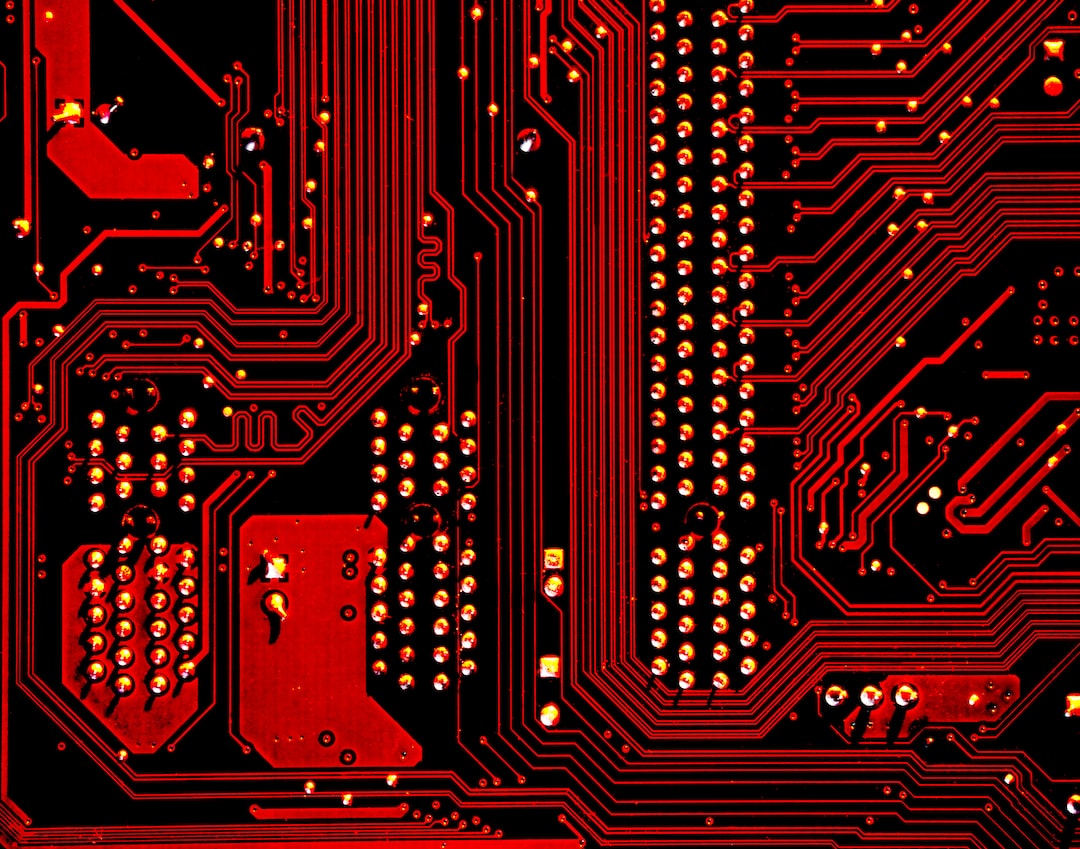The Future of Artificial Intelligence in Everyday Life
Artificial Intelligence (AI) has rapidly gained prominence and is transforming various aspects of human life. From smart assistants like Siri and Alexa to autonomous vehicles and recommendation algorithms, AI has the potential to significantly impact our daily routines. As technology advances, there are endless possibilities for AI in enhancing our lives. In this blog post, we will delve into the future of AI and its potential implications on everyday life.
One of the most apparent areas where AI is making a mark is in our homes. Smart homes are becoming increasingly popular, with AI-powered devices seamlessly integrating into our lives. Imagine a world where your home adjusts the lighting, temperature, and even plays your favorite music as you enter the room. AI algorithms can analyze your preferences and create personalized environments that cater to your needs. From automated appliances to security systems that learn your patterns, AI creates a seamless and effortless home environment.
The healthcare industry is another domain where AI has tremendous potential. From early diagnosis to personalized treatment plans, AI-powered machines can revolutionize medical care. Current applications include predictive analytics for disease prevention, robotic surgery systems, and even chatbots that provide initial medical advice. With the continued advancement of AI, we can expect more accurate diagnoses, quicker recovery times, and improved patient care.
Education is yet another field where AI can play a vital role. AI-powered tutors can personalize and adapt the learning experience to individual students. With the ability to analyze vast amounts of data, AI algorithms can identify areas where a student may need additional support or provide challenges for those who excel in particular subjects. This personalized approach to education ensures that every student receives the attention they need, fostering a more inclusive and effective learning environment.
The transportation industry is set to undergo a significant transformation with the introduction of AI. Autonomous vehicles are already a reality, with companies like Tesla and Google leading the way. AI-powered systems can efficiently analyze data from various sensors and make real-time decisions, ensuring safer and more efficient transportation. In the near future, we can expect to see fully autonomous public transport systems that navigate city streets without human intervention, reducing congestion and accidents.
AI algorithms also have the potential to revolutionize the retail industry. Recommendation systems, powered by AI, can analyze customers’ past purchases, browsing history, and preferences to offer personalized suggestions. This creates a more efficient and enjoyable shopping experience for consumers while helping businesses increase sales. Furthermore, the integration of AI-powered chatbots can provide instant customer service, answering questions and resolving issues without the need for human intervention.
However, with the exciting prospects of AI come ethical considerations. Privacy concerns and the potential for bias in AI algorithms are just a couple of examples. We must ensure that AI is designed and implemented with consideration for human rights and fairness. It is crucial to strike a balance between technological advancements and the ethical implications they may have.
In conclusion, the future of AI in everyday life holds immense potential. From smart homes and healthcare to education, transportation, and retail, AI has the capacity to enhance numerous aspects of our lives. As the technology continues to evolve, it is crucial to address ethical concerns and ensure that AI is designed in a way that benefits humanity. With responsible development and implementation, AI has the power to transform our world in unimaginable ways, making our lives safer, more convenient, and more enjoyable.

